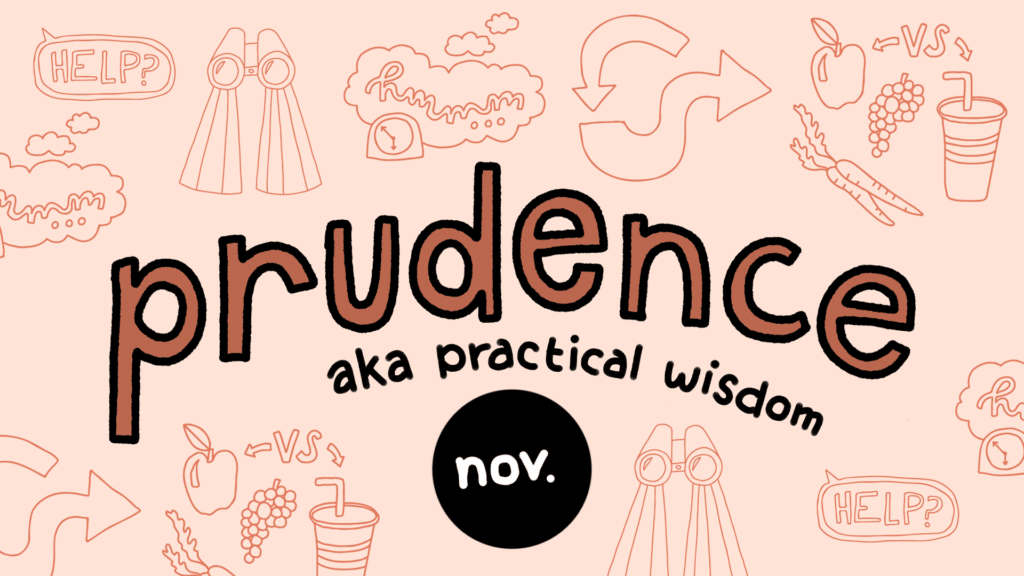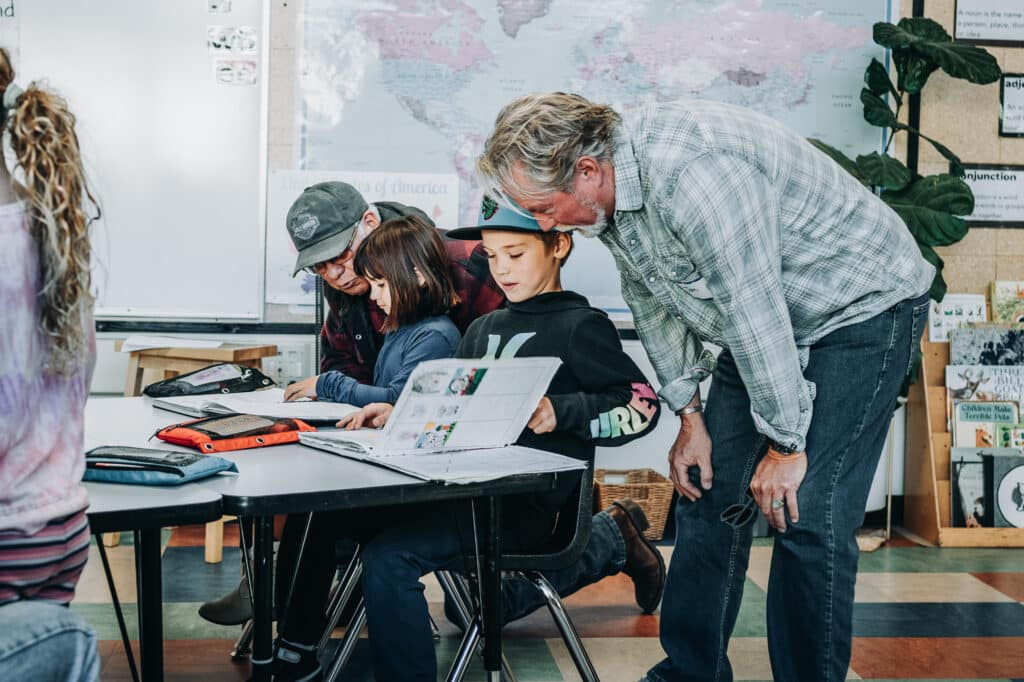
Red barn in Kentucky {image credit: Michael Vines / CC BY 2.0}
Down Home’s Thursday blog posts will generally focus on classical education, character, student work, book reviews, interesting articles that connect to what we are doing, some “behind the scenes” features, and anything related to our school/parent community.
And speaking of our parent community – perhaps you’ve heard about our new Parent Book Club? We would like to entice you to be a part of it! Today our high school literature teacher, Paul McCullough, shares a bit more about this new opportunity to connect, as well as a little info about our first book:

Dear Parents,
SLOCA's Mission Statement declares our aspiration “to be a community that forges character, fosters wisdom, and nurtures a lifelong passion for learning” [my italics]. Ever eager to come together as a community of readers, we will gather on several appointed evenings throughout each trimester to discuss three classic works of literature: Wendell Berry's Hannah Coulter, Henry David Thoreau's Walden, and James Joyce's Dubliners. As Susie Theule reminded us at Thursday evening's parent orientation, our children may not always listen to us, but they certainly have a knack for imitating us. And why should they get to read all the good books?
 Our first book, Hannah Coulter, is a modern classic. One of the wisest novels I've ever read, it is deeply rooted in the love of place, neighbor, and meaningful work. “The way we are, we are members of each other,” Wendell Berry writes. “All of us. Everything. The difference ain't in who is a member and who is not, but in who knows it and who don't.”
Our first book, Hannah Coulter, is a modern classic. One of the wisest novels I've ever read, it is deeply rooted in the love of place, neighbor, and meaningful work. “The way we are, we are members of each other,” Wendell Berry writes. “All of us. Everything. The difference ain't in who is a member and who is not, but in who knows it and who don't.”
(For a fuller and much more colorful introduction Berry's oeuvre, I recommend this entertaining encomium by Nick Offerman: http://time.com/3595636/nick-offerman-time-for-thanks/)
Communities have always been defined by the stories we share, the great works of literature that bear witness to what human beings have thought, felt, and accomplished on this planet. These texts set the parameters and provide the vocabulary for essential conversations about who we are and what we ought to do. In this way, the “madness” of great art reaches a higher kind of sanity, to paraphrase Cervantes' Don Quixote, by helping us to see beyond the world as it is in order to imagine the world as it should be. If today the word community has become dangerously abstract–an idea more praised than practiced–then one easy antidote might simply be to read together, to continue the great conversation, to listen for the still, small voice of the past speaking to the present.
Paul McCullough
High School Literature Teacher

Thank you, Paul – these thoughts are inspiring as we look forward to reading and discussing great literature together! SLOCA parents, we hope you'll pick up a copy of the book and join in.











